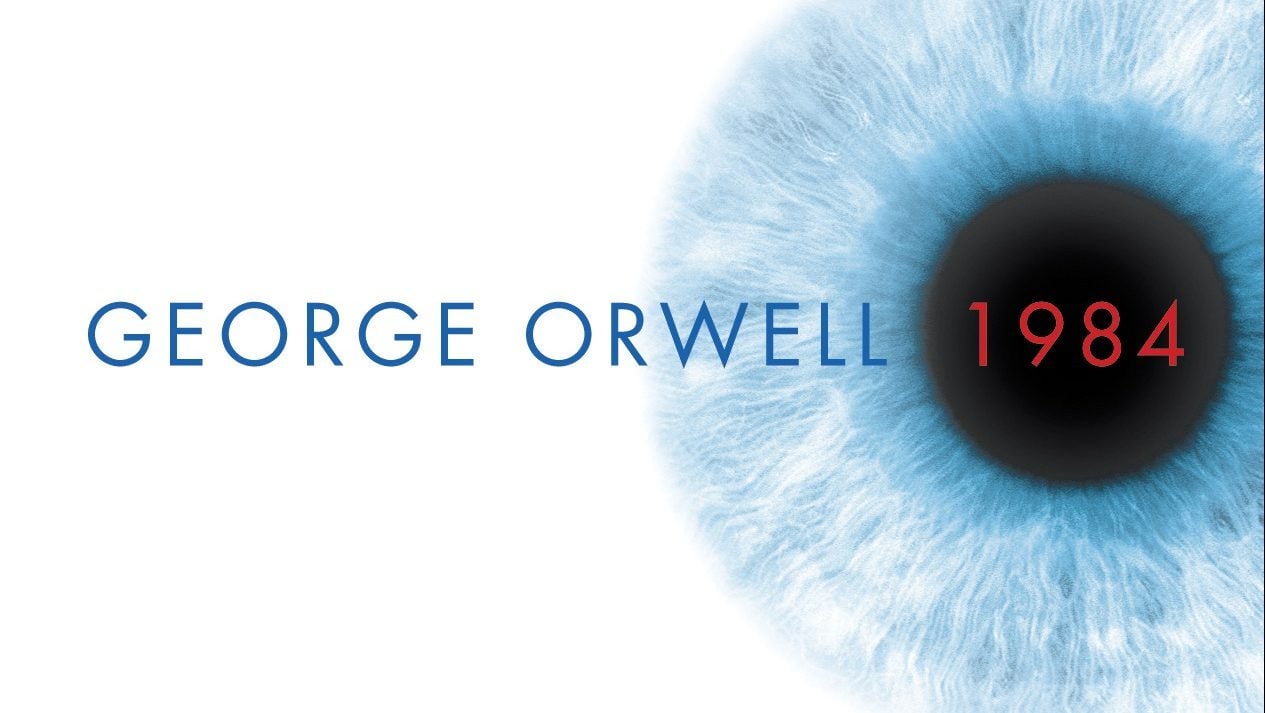Key concepts from George Orwell’s “1984” might explain why it’s Amazon’s best-selling book in the age of Trump
In the book 1984, the job of protagonist Winston Smith is to replace historical truths with new, state-approved “facts.” This week in the US, in what appears to be an eerie reflection of today’s political climate of “post-truth” and “alternative facts,” the dystopian novel has shot to the number-one place among bestselling books on US Amazon.


In the book 1984, the job of protagonist Winston Smith is to replace historical truths with new, state-approved “facts.” This week in the US, in what appears to be an eerie reflection of today’s political climate of “post-truth” and “alternative facts,” the dystopian novel has shot to the number-one place among bestselling books on US Amazon.
In the last 15 hours, at time of writing, George Orwell’s classic has moved from number 6 to number 1 on Amazon’s overall bestselling books list. The Guardian noted its placement at number 6 yesterday. The shift comes just days after White House press secretary Sean Spicer told assembled reporters a blatant lie about the size of crowds at Donald Trump’s inauguration, and after Trump’s counselor Kellyanne Conway defended the untruth as “alternative facts.”
Of course we can’t be sure that the Trump administration’s recent blunders are driving sales of the novel; 1984 is also taught in schools across the US, and there are other perennial classics on Amazon’s 100 bestsellers list, like The Great Gatsby and To Kill a Mockingbird. A spokesman from Signet, a Penguin Random House imprint, however, says that on Jan. 25 the publisher ordered an extra 100,000 copies based on demand. That’s on top of its recent reprint order of 75,000 copies, which is already larger than usual.
Still, for the 60-year-old book, beating out The 5 Love Languages, Hillbilly Elegy, and Marie Kondo for the top-selling spot without a sequel release is worth noting.
The year for which 1984 is named is synonymous with a totalitarian society, in which the government enjoys constant surveillance over its people and freely manipulates both history and language. Here are a few concepts and passages that might be resonating with American readers today:
On “crimestop”
Spicer’s Jan. 21 falsehood and Conway’s description of it as an “alternative fact” push the public to doubt whether certain facts—like crowd size, or numbers of subway riders—are knowable at all. But as others have pointed out, when people hear conflicting stories from authoritative sources (from the White House and the mainstream media, in this case), it creates confusion and eventually mental laziness, pushing people to accept that some things simply cannot be verified. As Conway said dismissively, ”There’s no way to quantify crowds, we all know that.”
In 1984, Orwell coined the term “crimestop” for this tactic of confusion. “Crimestop,” he wrote, was the deliberate erosion of the public’s skepticism, such that they learn not to ask hard questions. His more famous, complementary concept “doublethink” described the ability to believe in two conflicting facts at the same time.
The first and simplest stage in the discipline, which can be taught even to young children, is called, in Newspeak, CRIMESTOP. CRIMESTOP means the faculty of stopping short, as though by instinct, at the threshold of any dangerous thought. It includes the power of not grasping analogies, of failing to perceive logical errors, of misunderstanding the simplest arguments if they are inimical to Ingsoc, and of being bored or repelled by any train of thought which is capable of leading in a heretical direction. CRIMESTOP, in short, means protective stupidity.
On “reality control”
This morning, Trump tweeted that his team would launch a full investigation into voter fraud, referring to his previous unsourced claim that “millions” voted illegally in the 2016 presidential election. Even without evidence, such statements on repeat can create an “alternative” reality for citizens who haven’t read the stories that debunk his claim.
Orwell also has a term for this strategy: “Reality control” consists of the slow erasure of history and its replacement by government-approved stories in the minds of the people governed. Coloring the historical narrative happens in every nation and community, but seems particularly abrupt on display in the new US president’s bombastic tweets.
Says Winston to himself:
The Party said that Oceania had never been in alliance with Eurasia. He, Winston Smith, knew that Oceania had been in alliance with Eurasia as short a time as four years ago. But where did that knowledge exist? Only in his own consciousness, which in any case must soon be annihilated. And if all others accepted the lie which the Party imposed—if all records told the same tale—then the lie passed into history and became truth. ‘Who controls the past,’ ran the Party slogan, ‘controls the future: who controls the present controls the past.’
On science
On Jan. 24, Trump released a gag order to the US Environmental Protection Agency, to keep it from communicating to the public about publicly funded science research. In the world of 1984, a government agency that conducts and disseminates science research surely would be a nonissue, because the very idea of empirical knowledge would be antithetical to the government’s larger operation (see “reality control” and “crimestop”):
In Oceania at the present day, Science, in the old sense, has almost ceased to exist. In Newspeak there is no word for ‘Science’. The empirical method of thought, on which all the scientific achievements of the past were founded, is opposed to the most fundamental principles of Ingsoc. And even technological progress only happens when its products can in some way be used for the diminution of human liberty.
This post has been updated with information from Signet, and corrected to reflect that the date of Donald Trump’s EPA gag order was Jan. 24, not Nov. 24.